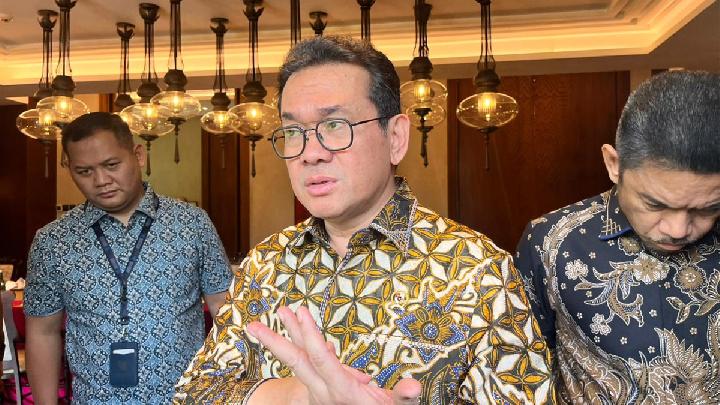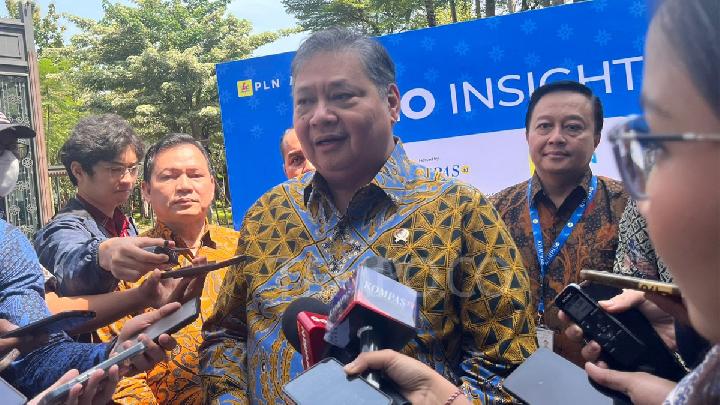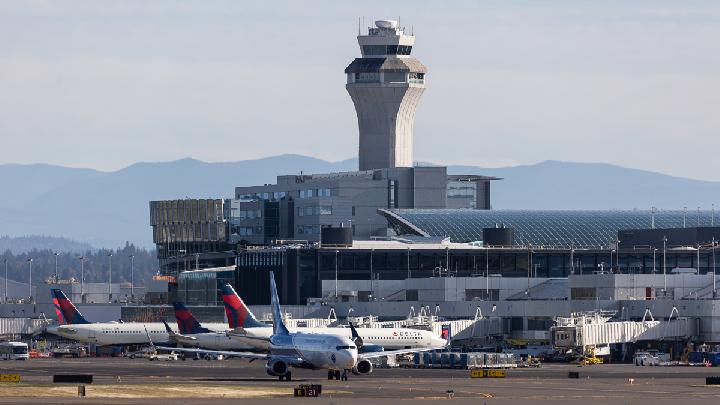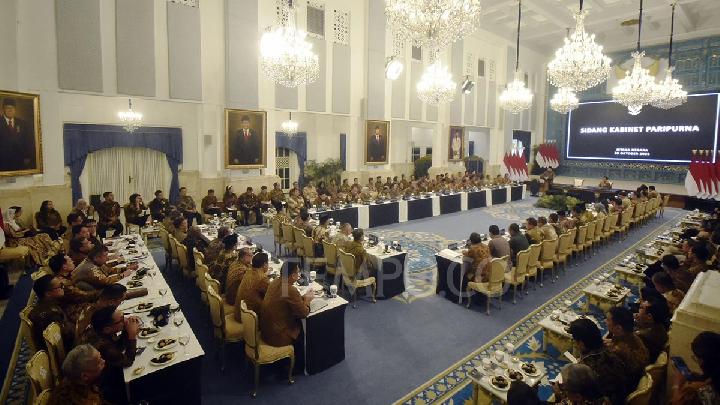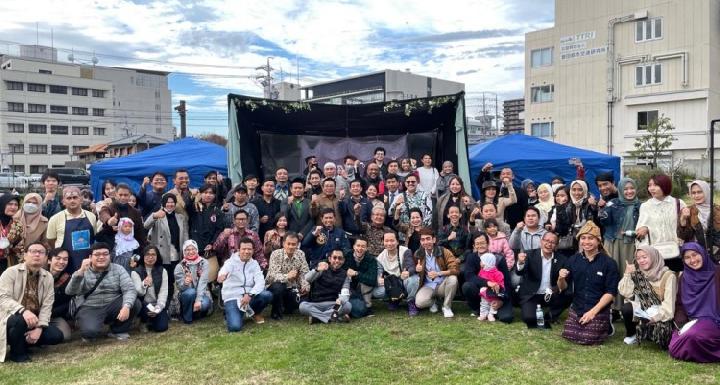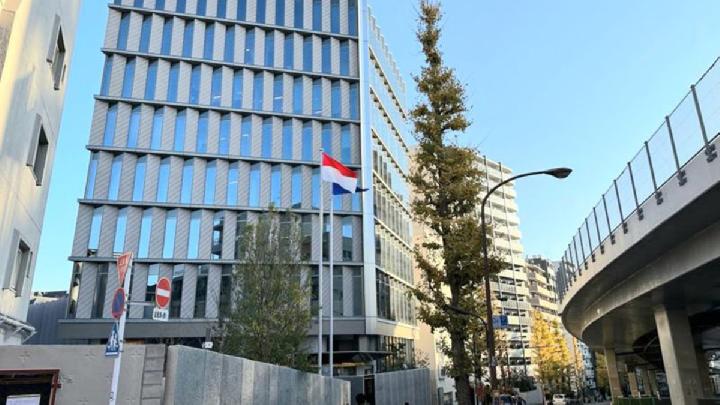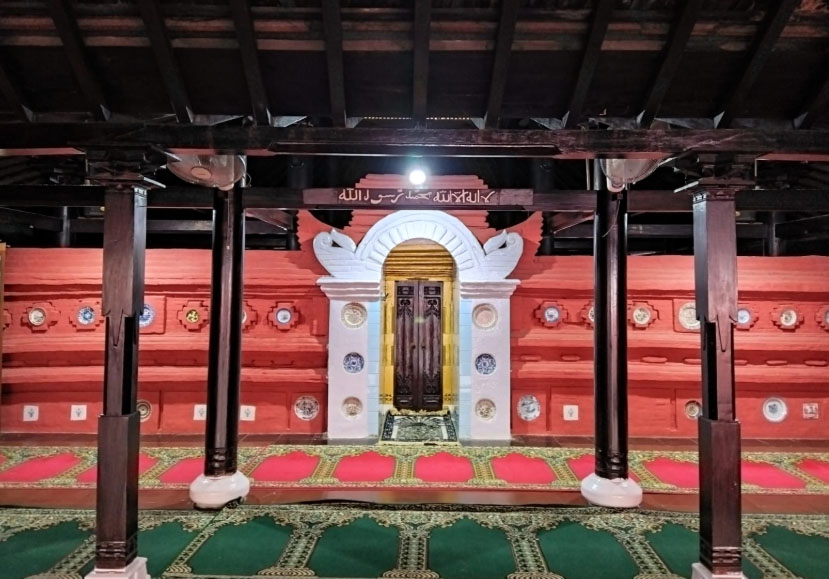Syrian President Ahmed al-Sharaa has signaled his willingness to consider normalizing relations with Israel. This marks a significant shift from Syria's historical hostility towards its southern neighbor. Israel has been technically at war with Syria since 1948.
This development was revealed in a recent meeting in Damascus with U.S. envoys Marlin Stutzman and Cory Mills and confirmed by senior Syrian government sources, who emphasized that any normalization must uphold Syria's unity and sovereignty.
Israeli Foreign Minister Gideon Saar has expressed his government's intention to expand the Abraham Accords, aiming to formalize diplomatic relations with Syria and Lebanon despite the ongoing Gaza conflict.
This announcement follows Israeli Prime Minister Benjamin Netanyahu's statement that recent clashes with Iran have presented an opportunity to significantly expand peace agreements in the region.
How Do Syrians React to the Normalization Plan?
The Syrian people are deeply concerned that any steps taken by their new leaders to normalize relations with Israel could drag the country back into conflict, Middle East Eye reported.
Many Syrians, including IT engineer Alaa Ibrahim al-Hajji, fear that normalization efforts will provoke widespread public anger and undermine the legitimacy of the Syrian government. Given the dire consequences of previous wars and the current violence in Gaza, Syrians are reluctant to accept any restoration of relations with Israel, which they hold responsible for severe civilian suffering.
More than 57,000 Palestinians, mostly civilians, have been killed in Gaza in the past 21 months, including healthcare personnel, UN aid staff, and journalists, fueling anger and distrust towards Israel.
Since the fall of the Assad regime at the end of 2024, Syria has been in a fragile state. The interim government led by Ahmed al-Sharaa faces territorial attacks by Israel near the Golan Heights, with Israeli forces seizing more territories and conducting airstrikes. Although the Sharaa administration has acknowledged the existence of "indirect talks" with Israel, this remains highly controversial domestically. Syrian sources have reported meetings between Sharaa and Israeli national security advisors, which were later denied by Israeli officials.
What Are Israel's Intentions?
Syrian writer Hassan Nifi highlights that any normalization agreement will be vehemently rejected by the public, especially amid the ongoing Gaza crisis, and is likely to be far more advantageous to Israel than to Syria.
Israeli leaders consistently advocate policies aimed at weakening Syria militarily and politically, including exploiting minority groups and maintaining military interventions to serve Israel's interests. Their ultimate goal seems to be to dismantle Syria's defense capabilities and extract political concessions, with normalization as the primary objective.
Experts caution that it is still too early to expect formal normalization between Syria and Israel. Deep-seated conflicts remain unresolved, Israel continues to occupy parts of southern Syria, and there is a lack of regional consensus on normalization.
Any progress would require Israel to engage in sincere negotiations, address the Palestinian issue, and provide security guarantees regionally. The Saudi leadership has also stated that they will not normalize relations with Israel without a clear path to a Palestinian state.
What Is the History of Hostility between Syria and Israel?
The prolonged conflict between Syria and Israel stems from the 1948 Arab-Israeli war, with subsequent military confrontations, notably the 1967 Six-Day War. Since then, Israel has occupied the Golan Heights—a region central to Syria's national identity and a major barrier to peace.
Despite decades of hostility, reconciliation efforts have been quietly pursued in the 1990s and sporadically thereafter, but largely failed due to Israel's refusal to fully withdraw from the Golan. Recent regional shifts, including the weakening of Iran's influence and the diminishing power of its proxies like Hezbollah, have influenced Damascus' reassessment.
Nir Boms, chair of the Syrian Research Forum at Tel Aviv University, as quoted by Medialine, highlights that Syria's current position is shaped by the "post-October 7 realities," where opposition voices in Syria are gaining strength amid shifting power dynamics.
What Are President al-Sharaa's Reasons?
President al-Sharaa has expressed his openness to the Abraham Accords—a normalization agreement mediated by the U.S. between Israel and several Arab countries—while firmly rejecting any deals that endanger Syria's territorial integrity and demanding an end to Israeli airstrikes in Syrian territory, which he regards as destabilizing.
Israeli officials have not openly responded but are reportedly closely monitoring the situation, recognizing the potential for new diplomatic channels. The tentative framework for normalization reportedly approved by al-Sharaa includes mutual recognition of sovereignty, establishment of full diplomatic relations, cessation of hostilities, economic cooperation, security coordination against terrorism, direct civilian flights, cultural exchanges, and support for regional peace initiatives without political preconditions.
This framework aims to break Syria's isolation and pave the way for peace and development.
While some Syrian political actors welcome the prospect of normalization as a means to attract international support for reconstruction, others warn that it must be accompanied by domestic political reforms and justice for past violations. Public opinion remains divided, particularly given the unresolved Palestinian issue and the presence of Iranian forces in Syria, viewed by Israel as a significant threat.
Editor’s Choice: Syrian Leader Sharaa Pledges to Form Inclusive Government
Click here to get the latest news updates from Tempo on Google News








